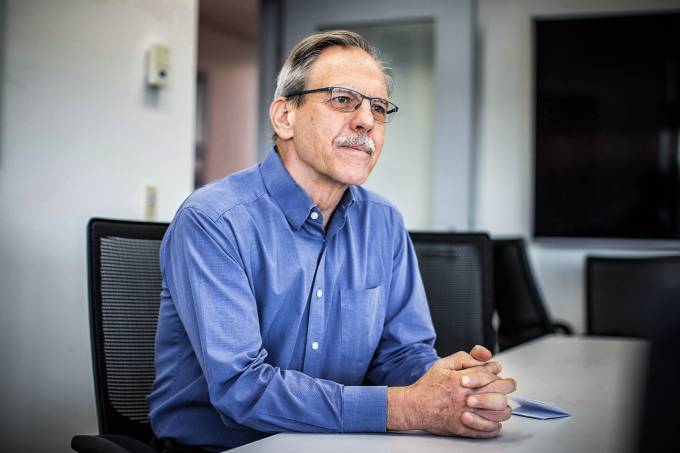RIO DE JANEIRO, BRAZIL – For immunologist and Harvard professor Timothy Springer, the novel coronavirus pandemic is likely to last until next year and will likely continue for a period in 2022.
In an interview with EXAME, Springer said that “the current Covid-19 crisis is similar to a war and that it “will be even more severe than any we have seen this century, and it will probably last longer, possibly three years. “And it’s going to be particularly hard on underdeveloped countries,” Springer said.

Worldwide, nearly six million people are infected with the disease and 357,929 have died, according to real-time monitoring from Johns Hopkins University. The United States is the epicenter of the virus, with 1,711,313 patients and 101,129 deaths. Brazil, a country that has seen a daily increase in the number of infections and deaths, ranks second with 25,598 dead and 411,821 sick, according to the latest data from the Ministry of Health.
To reach his projection, Springer relied on the Spanish flu epidemic, which happened in the end of World War I in 1918 and spread among army barracks, eventually leaving 50 million dead worldwide in the space of two years. “It was a terrible world epidemic and we lost the collective memory of how bad the virus was.
“In the United States, more people died from the flu in 1918, 1919, and 1920 than in all the US wars in the 1900s″, he explains. “And the same is true around the world. Many people died from the disease. And while we have had many memorials for those who died in the wars, we have none for those who died from the flu. And that has created a blind spot in our collective consciousness,” he says.
Springer is one of the investors in the American biotechnology company Moderna, which last week released successful tests of a potential vaccine against the virus. According to Forbes, the professor holds a 3.5 percent stake in the company, which he purchased with an initial investment of US$5 million in 2010.
Based on the total shares the company had in February, in the last balance disclosed, the professor would have almost 13 million shares. Thus, between the first investment and the shares in 2020, the yield was over 17,000 percent.
According to him, the vaccine should be ready “sometime in the fall” in the United States, a season that runs from September to November in the northern hemisphere. “Nevertheless, unfortunately, it will take another year for this vaccine to be available, because manufacturing will be limited,” he explains.
The Ebola vaccine, for instance, was approved two decades after studies on preventing the virus began and took five years to produce. The measles vaccine began to be studied in 1945 and was only produced in the 1960s – time periods that are not quite so optimistic from a social perspective, but rather from a scientific one.
For Springer, the only way to stop the virus from spreading until a vaccine is produced is social distancing. “Everyone should wear masks, because that protects not only the person wearing it, but also those around the person.
“Frequent hand washing, avoid touching one’s lips, nose, and eyes, because one’s hands will have come into contact with surfaces on which people with the virus may have touched. This has to be taken seriously,” he says.
Source: Exame

